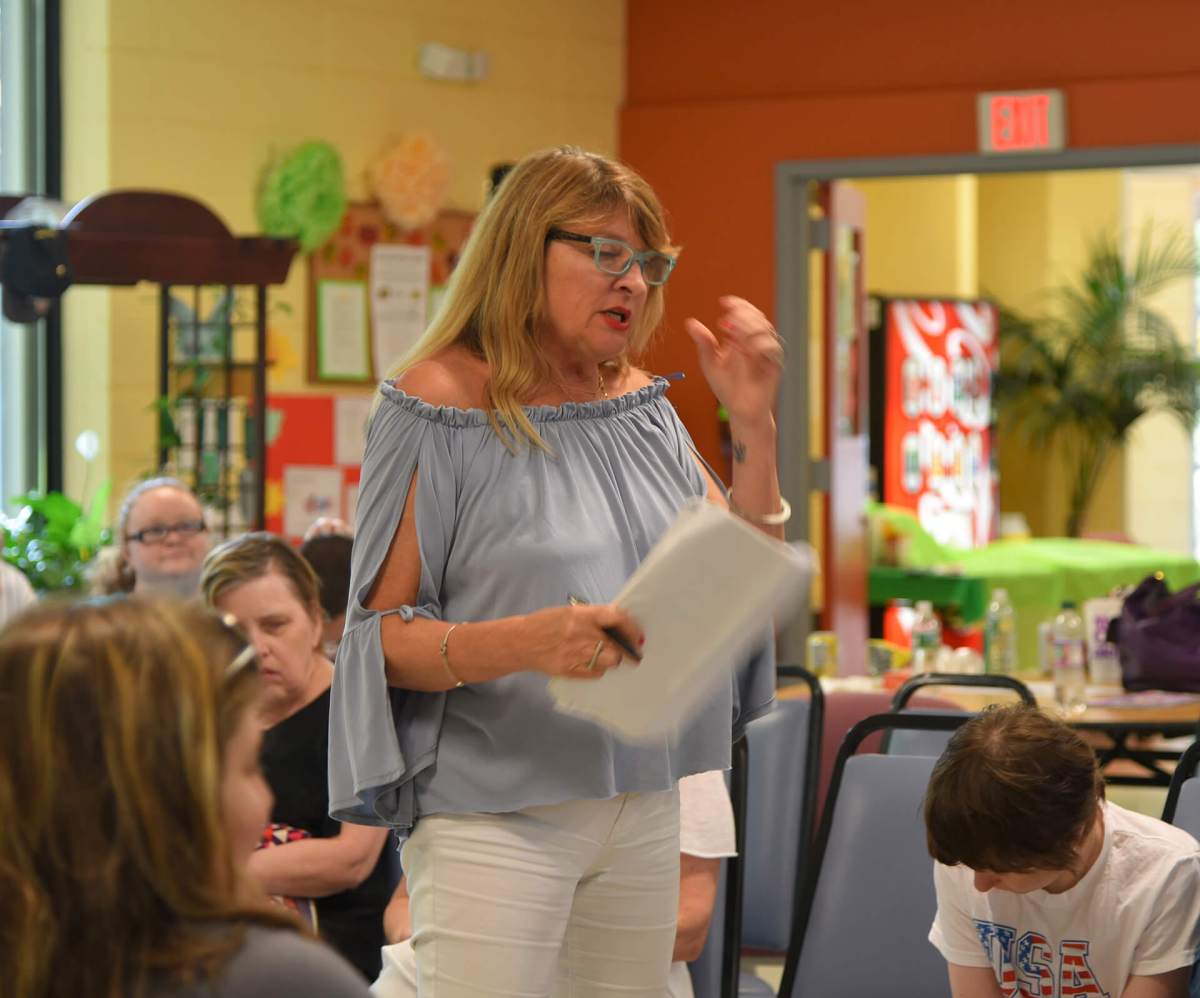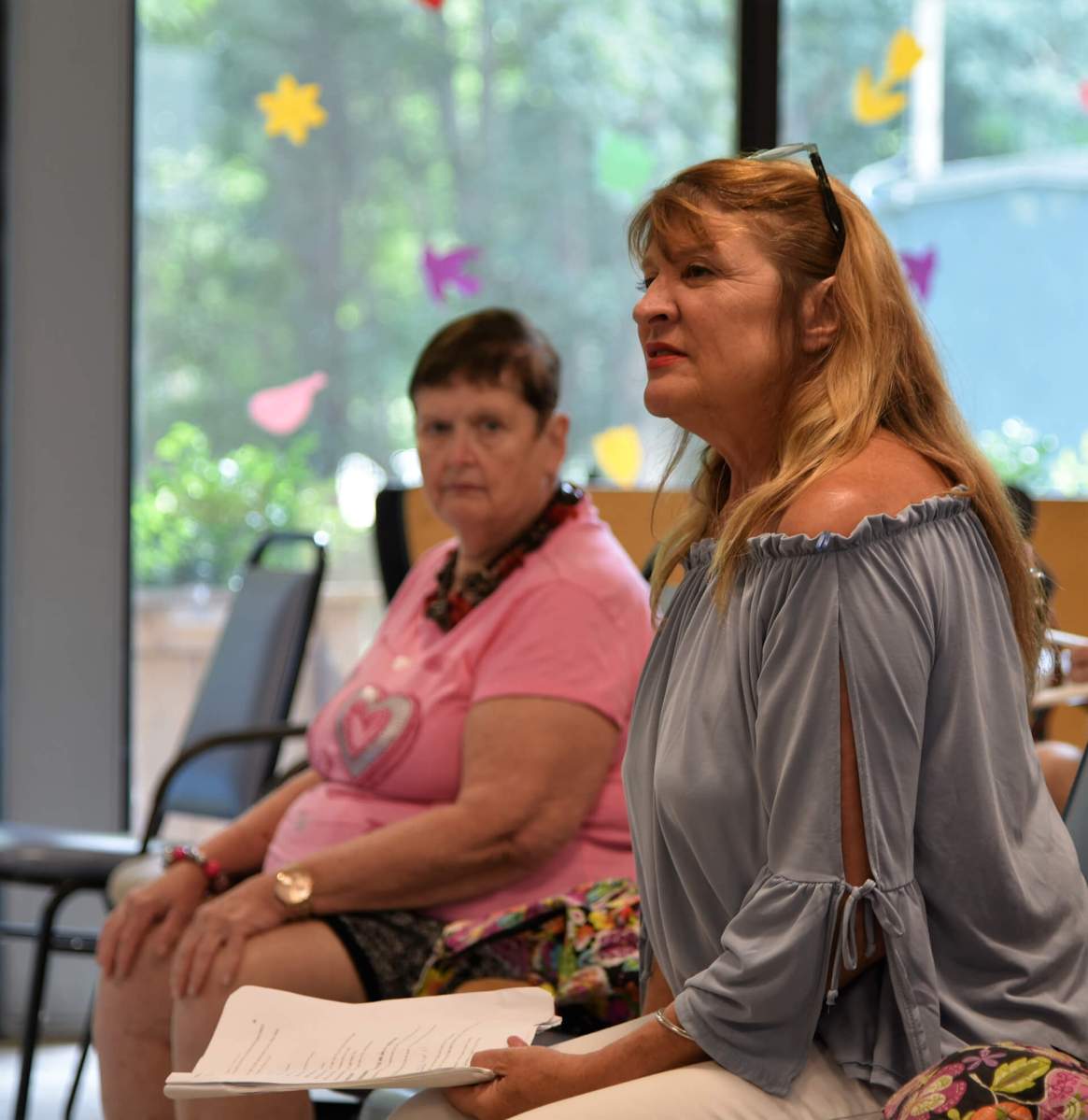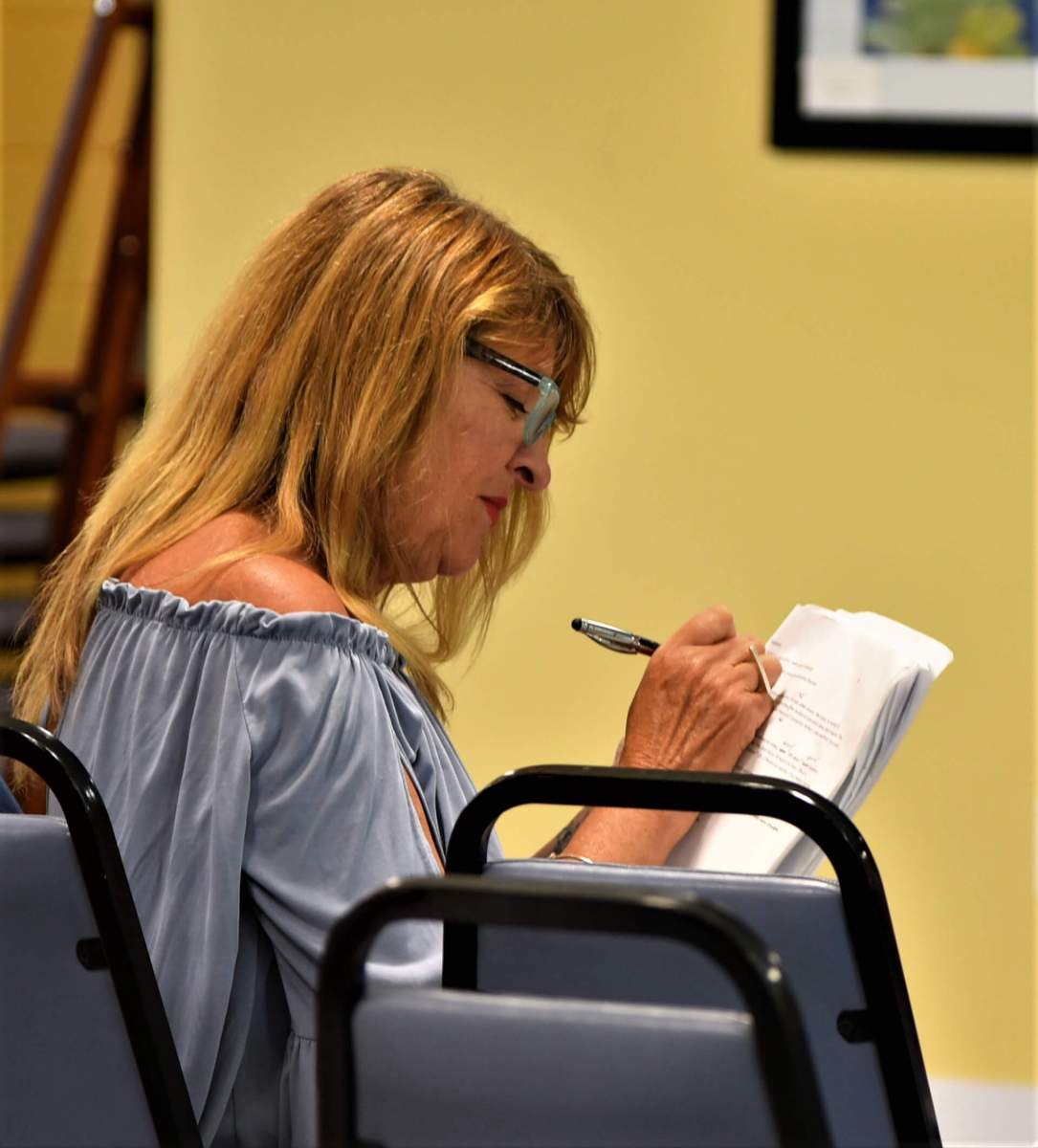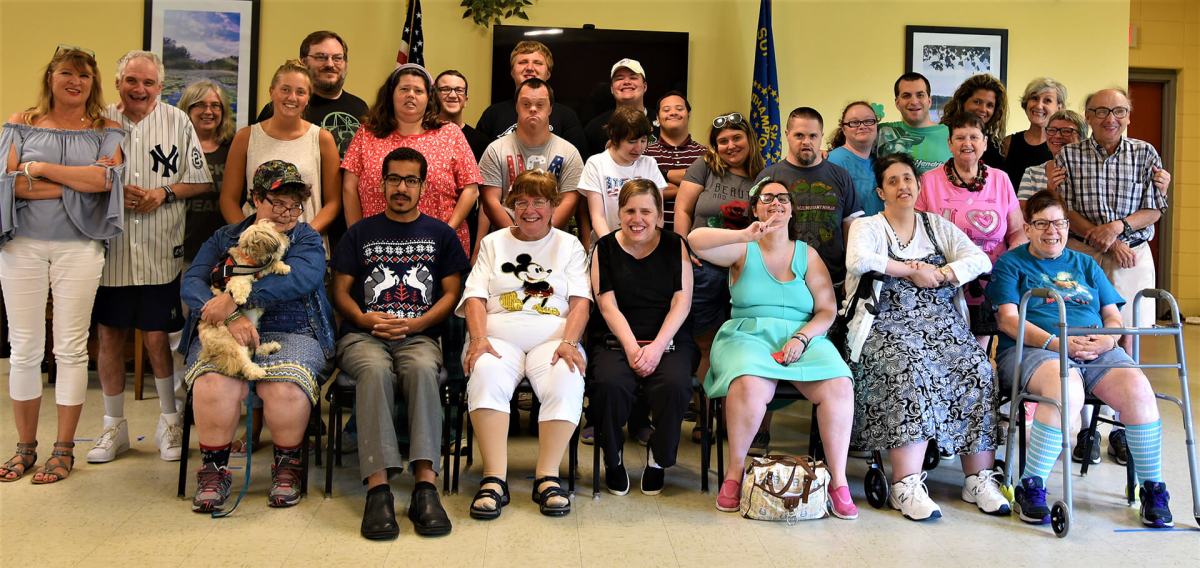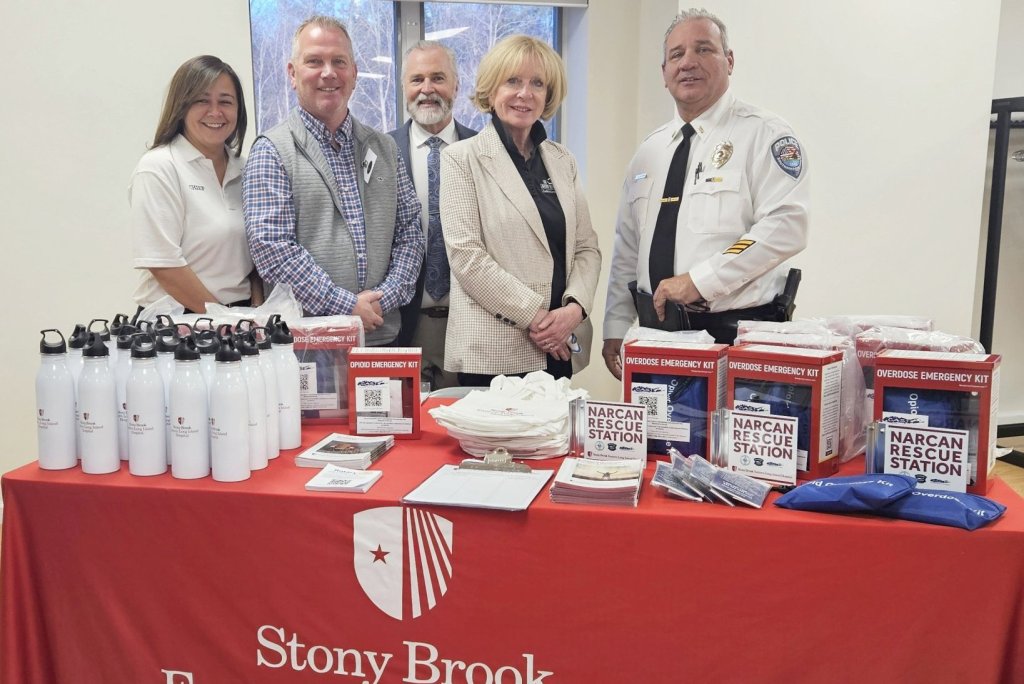A Walk Down Memory Lane With Jacqui Leader
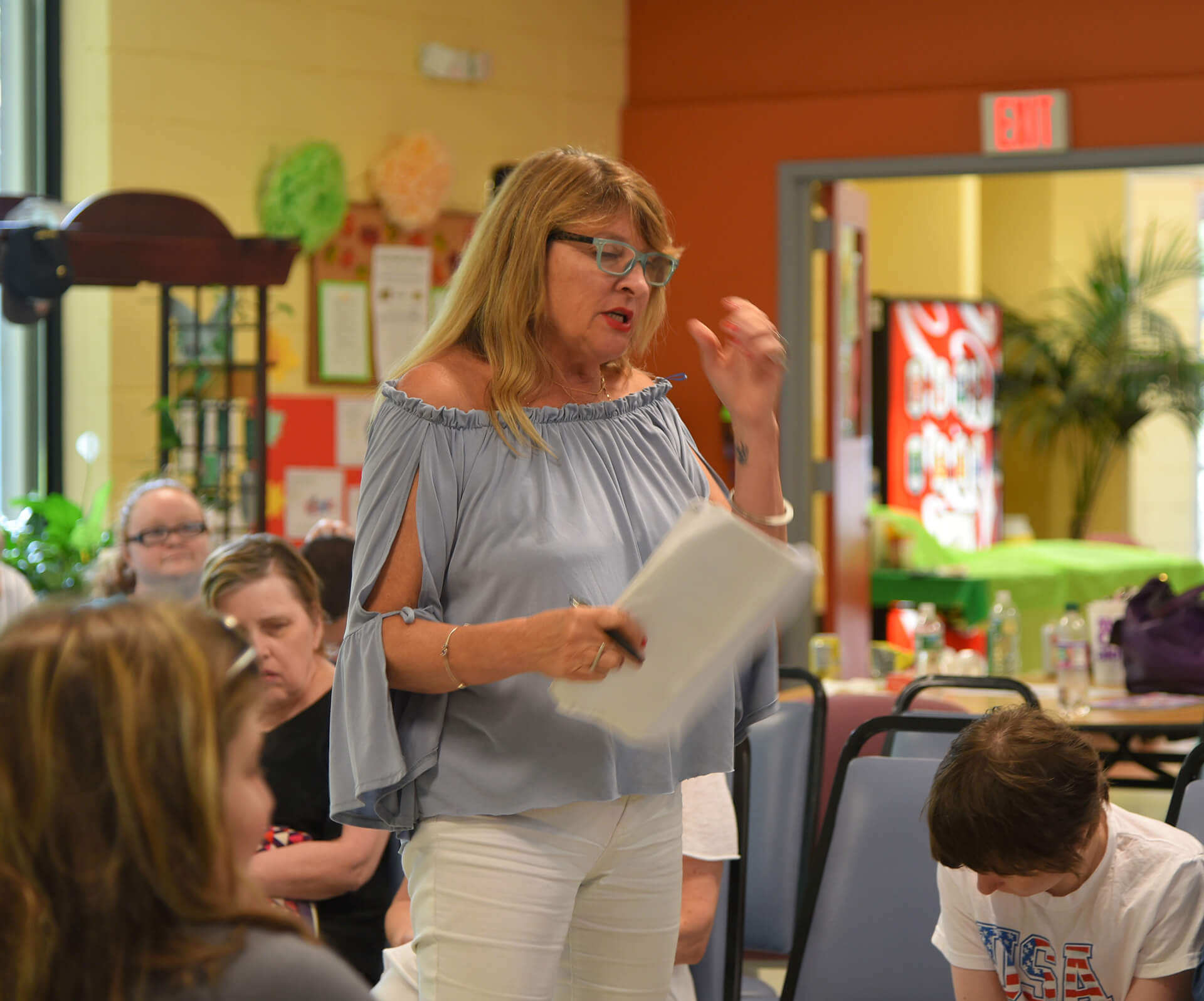
I tell my grandchildren, I wanted to be an actress,” said Jacqui Leader with a laugh.
“But when I think back, I realize now that I wasn’t very good, even though I wanted to be. It was nerve-wracking getting on stage. I was a chicken and the older I got, the more of a chicken I became,” continued Leader. “When things don’t happen, I think maybe you’re just barking up the wrong tree.”
Originally from Detroit, Leader came to New York in 1978 to study acting and attended the American Academy of Dramatic Arts. Shortly afterward, she met her first husband, Graham Leader, a film producer. They married and moved to London to allow him to finish a film he was producing. During her time there, Leader started a children’s theater company.
During their 15-year marriage, Jacqui and Graham had two children, Kira and Sax. Upon the family’s return to the United States, they moved out to the East End. Frequent visitors to Montauk, they settled in East Hampton to get away from city life. She and Graham grew apart and went their separate ways, she said.
Leader later met her current husband, the well-known builder Peter Creegan, while she continued to pursue her interest in theater, working with Glyde Hart of Dark Horse Productions at Guild Hall, and with her popular Kids Connect theater company.
‘Every play we do, we manage to put a twist on it, so that you always walk away feeling elated for them.’ — Jacqui Leader
About 22 years ago, Leader remembered, “Helen Rudman showed up from the East End Special Players group. She was looking for someone to join her and work with disabled people and do theater with them.”
Leader “fell in love” with the group. “I was very moved by how loving they were, especially people with Down syndrome. I just felt like family as soon as I started. But it was a challenge for me to see if I could do it and do it justice. I wouldn’t want to put on something that was beneath them or childish. I really wanted to find material that they would appreciate. And at that time, they never did any speaking in the plays. But I thought they could all speak, maybe a few had speech impediments, so that’s where we could use narration.”
Channeling Potential with A Positive Twist
Leader admitted, “It was a learning experience for me. I’ve performed and worked with kids in theater but this was different. You could see how much they appreciated it. They looked forward to coming on Saturdays and doing something that they felt was worth their while, not just going to play bingo or going to the mall. I still tell them, ‘I’m not here to solve your problems but I’m here to listen’ . . . and that’s how I started to put pieces together. They’d talk about the things that were important to them and I started to develop a story and piece it together for them.”
Channeling the potential of the 30 players who regularly attended the Saturday program, Leader encouraged them to talk about their ideas for a play. Before long, the players were creating the characters they wanted to play and their characters’ dialogue, as well as deciding on the ideas they wanted to see in the play.
“To give you an idea of the powerful ideas behind the plays, they wrote about a girl who is in our group,” Leader said. “She almost died at birth. She had to have heart and back surgery. They developed the play around her growing up and being bullied and made fun of. They talked about everything in the play that was important to them and the play went from her birth to the end of her life. They ended it with the Beatles song ‘When I’m 64.’”
“There was also another girl in the group who never told anyone that she had an abortion. She had been with a young man who also had a learning disability and when she became pregnant, her parents made her have an abortion. That was a scene in the play. It was very moving. Every play we do, we manage to put a twist on it, so that you always walk away feeling elated for them. We incorporate things to make sure every scene ends on a high note, something positive that comes out of it,” she said.
One of Leader’s most powerful memories working with the players group is of Susanne Mary Wendell. “She was our diva. She would fall into the character so deeply that she became the character. We did the play Cyrano de Bergerac and she played Roxanne. I can still remember when she held Cyrano at the end when he dies. She wept so deeply that she had the entire audience and the other cast members weeping as well. We had to talk her down and make her realize that she really wasn’t Roxanne and Cyrano didn’t really die. We had to keep telling her it was just a play and she was acting. It’s a bittersweet memory,” added Leader.
“She was so sweet. I really miss her. She has dementia now and I go visit her occasionally. Sometimes she remembers that she was an actress,” she said.
Leader also works with East End Disability Associates as a job coach to two clients. “I started working with EEDA after my son died five years ago,” Leader stated. “I was having a really hard time coping with life. It was surreal; it still is sometimes. I felt that I needed to be giving. I think if I hadn’t started working one on one, I probably would have lay in bed all day and cried or gone to some meaningless job because everything, in a way, after your child dies becomes meaningless.”
But, Leader acknowledged, joy has crept back in. “I have my daughter, Kira and my three, soon to be four, grandchildren. I’m with her now every day. So, I’m really juggling being ‘the Nana’ and getting my schedule to work so I can take the learning-disabled clients I have to their jobs and their activities. They give me joy and of course my grandchildren give me joy. They keep me in a positive frame of mind instead of going into a dark hole. I also think that working with the disabled brings out my better qualities. It’s selfless. I feel that that’s what life is about; you have to give,” Leader said.
“I feel that I’ve made a difference, especially to the Players. They’re really proud of themselves and they call themselves actors. They have a confidence that they never had before and feel that they have a place in the community. That’s something that is truly invaluable,” said Leader.
valerie@indyeastend.com
